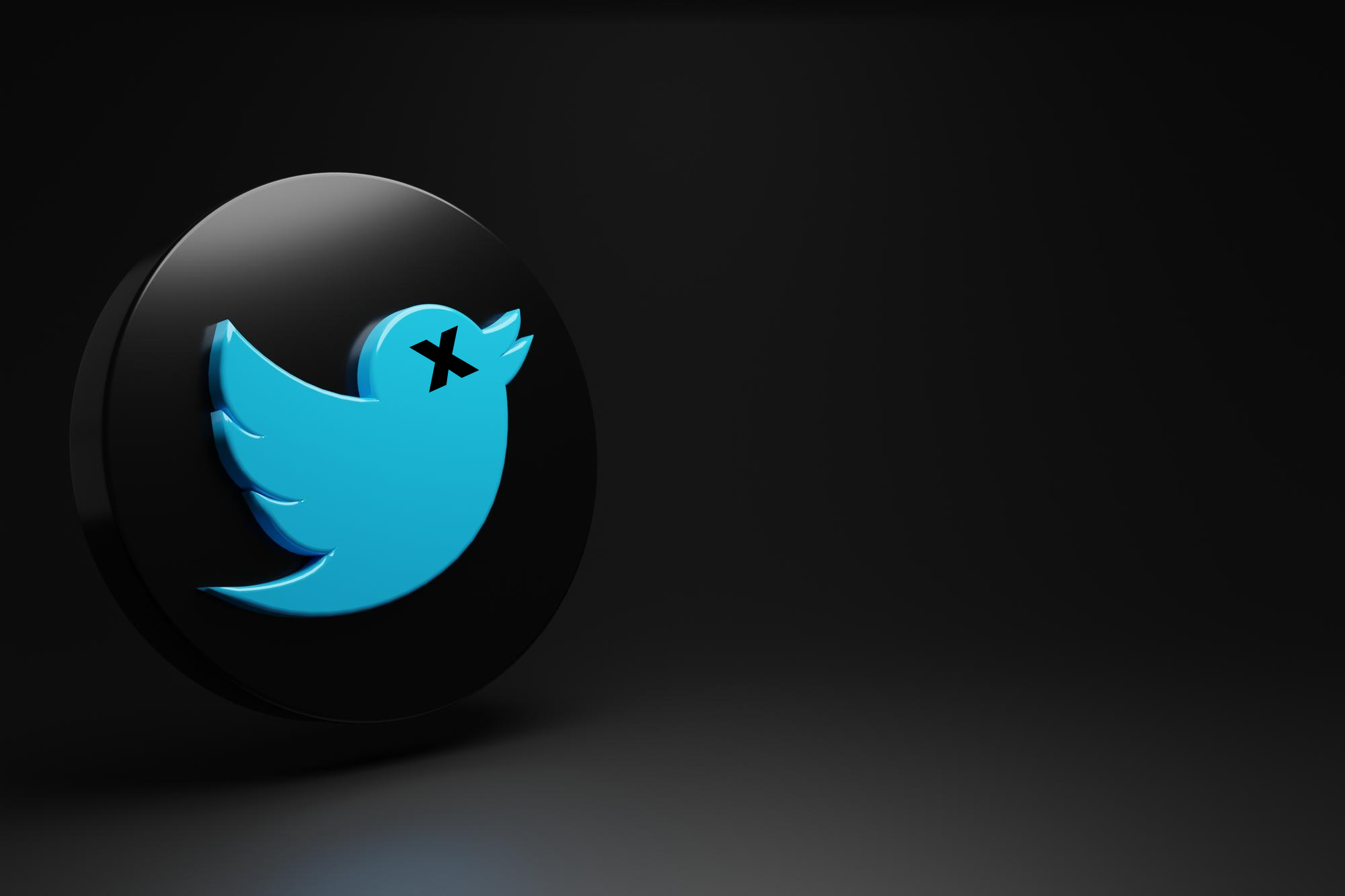Over the space of a weekend, the familiar blue bird icon that has become a symbol of communication innovation is no more. On July 23rd, a black X replaced the usual Twitter icon in browser tabs. Elon Musk, the tech entrepreneur and CTO of Twitter, surprised everyone by announcing a rebranding plan for the platform he acquired for $44 billion in October 2022. Consequently, the company has been renamed X.
This edition of Muse explores a major abrupt change in the global social media landscape as part of a rebranding process.
A farewell to Twitter
The brand identity revision from an iconic chirping blue bird to a letter X in black comes as Twitter’s new owner Elon Musk reveals a vision for an ‘everything’ application. In other words, X is envisioned to be the American version of the ubiquitous Chinese super-app WeChat, which enables communication, e-commerce, entertainment and even banking.
Part of Musk’s vision has been realised despite a 2022 report by Deloitte that a dominant carbon copy of WeChat is highly unlikely in Western markets. The low probability is attributed to many well-established competitors in the services X strives to incorporate, such as digital payments or ride-hailing.
This shift in visuals and branding has rendered terms like “tweet” and “retweet” – which have become integral to our modern culture – obsolete. Rebuilding such vernacular from scratch will be resource-intensive, and there’s a strong possibility it may never catch on, especially for existing users.
How has the communication industry perceived the rebranding?
Estimations for how the rebranding has affected brand valuation vary, but TIME reported that analysts and brand agencies believed the brand identity revision had eliminated between $4 to $20 billion in value.
Google’s parent company was renamed Alphabet Inc. to ensure its product growth without being associated with a search engine. Facebook changed to Meta Platforms Inc. because of its CEO’s commitment to the metaverse. What these two tech giants have in common and sets them apart from X is that their products’ names remain.
A co-founder of Metaforce, a marketing and brand consulting group, has called this identity revision an “ego decision” and believed “ it’s completely irrational”. In contrast, other communication professionals thought the move made no branding sense.
In addition to decreasing brand value, this identity change without added functions or features will put X in steeper competition in the social media market, especially after Meta’s launch of Threads, a text-based conversation application.
The identity change overnight has caused damage to brand value and exerted immediate impacts on businesses relying on the platform for audience engagement and content creation.
Continue reading our next blog on various communication implications of this sudden shift.


